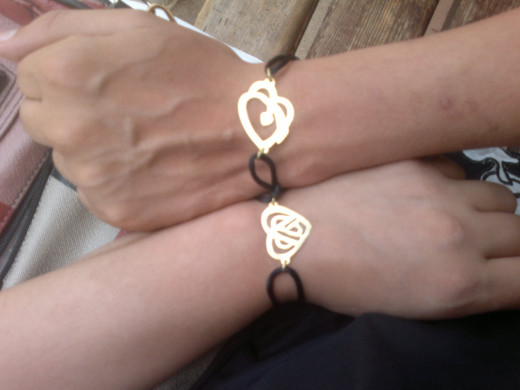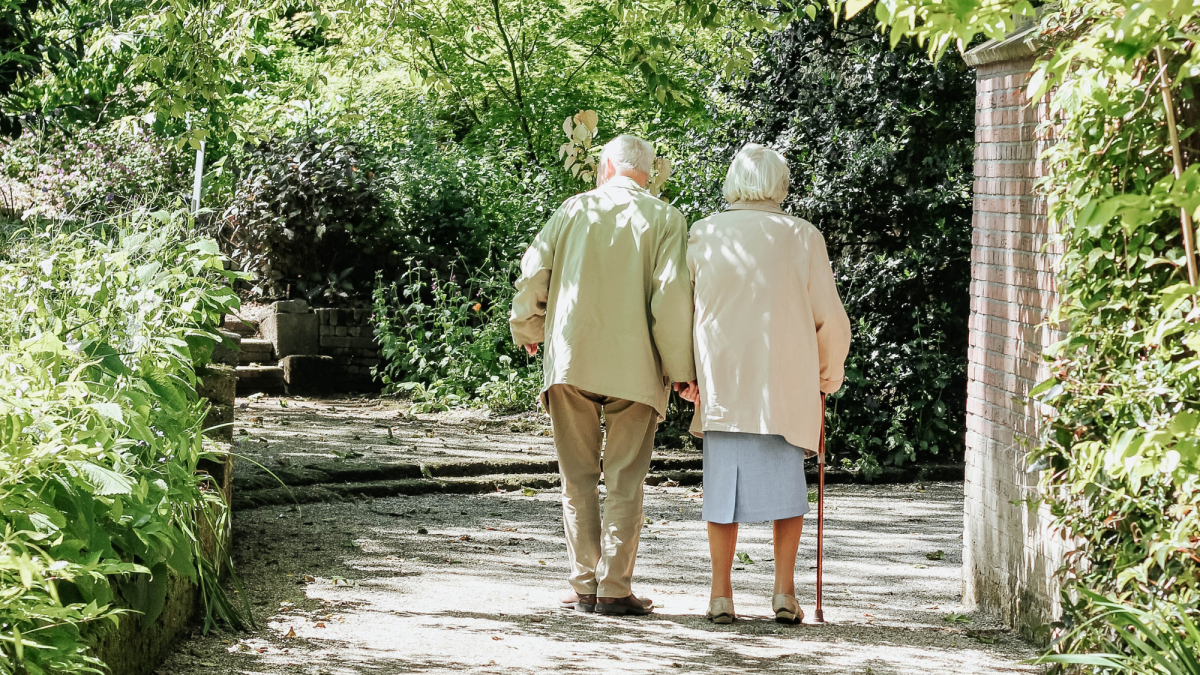Why Do We Like Sex, Intimacy and Love?
Introduction
This hub is inspired and, therefore, heavily based on the book, Intimate Behaviour: a Zoologist's Classic Study of Human Intimacy by Desmond Morris. Intimacy in its literal meaning entails all kind of bodily contact that occurs between any two individuals, and that could be a handshake, a pat on the back or a copulation. Whatever the physical contact is, it could be described as intimate if it embodies positive, most of the time incomprehensible, feelings of love, compassion, sympathy and so on. All physical contacts are accompanied by inscrutable, subtle feelings. We feel a strong impulse to touch persons we find dear, beautiful, attractive, hot, poor, weak, meek, young with exquisite, appealing features, but our touch differs in degree and intimacy. This implies that intimacy in its narrow sense is often restricted to sexual contacts between human beings. In this hub, I will endeavor to answer questions like why is it intimate to touch and what prompts and urges us to touch?

The Origins of Intimacy
Bodily contact is considered the most basic form of communication, and that is so clear, because we tend to reduce all the other forms of communication to physical metaphors using words like ''touch'' and '' contact''. We communicate with each other using different ways, like writing and listening to one another; we talk using different mediums and still we refer to all that as keeping in touch with each other. Using words as such implies that we accord physical contacts great importance. This becomes even clear when we use expressions like '' gripping experience'', '' touching moments'', hurt feelings'' and the like. In early childhood, body contact is dominant. A baby's direct interaction with its mother involves primarily physical contact. These early physical interactions with the mother leave a deep impact on us and is, therefore, never forgotten. Even earlier, inside the womb, before we could speak, write or listen, physical contact was an important element in our lives. When we were inside the wombs we were floating snugly in the protective maternal utterus; and most of our sensations develop according to the pressure and movement that occurs inside the womb. As we grow slowly inside the womb more pressure is felt, and this, thus, explains the importance of physical contact to us.
Invitations to Sexual Intimacy
Human beings are constantly sending out singals to each other, and some of these signals invite physical intimacy, while others just repel it. We don't just attempt to touch each other without carefully reading these singals. Our brains are carefully designed to sum up whole social situations within seconds. Desmond Morris gives an illustration of this: '' If we unexpextedly spot a loved one amongst a crowd of strangers, we can be embracing them within a few moments of setting eyes on them.'' This simply means that our brains are oprating like computers, making quick and rapid calculations when deciphering signs like mood and appearance of people we tend to encounter in our daily walking hours. We receive hundred of signals coming from their shape, countenance, size, and just within seconds our computers work so fast to bring about a reaction, which could be an answer to whether to touch or not to touch.It's so fastinating to understand the complexity of these cacluations which are operated unconciously within our skulls. Babies are always appealing to touch; adults, triggered by babies' size, helplessness, find themselves inevitably making friendly contact with them. So it's the helplessness, pity, size, the flat face, the large eyes, and the clumsiness which act as stimuli inviting adults to unconciously respond by attempting to make bodily contacts. This also applies to adults, who while helpless, weak or poor, receive the same amount of compassion resulting in some kind of touch.
With sexual maturity, human beings move into a different kind of intimacy, namely sexual intimacy. The invitation to sexual intimacy are thus different and belong to another sphere of contact signals: signals of sex appeal. These signals could be universal applying to all adults, while others are culturally oriented. Some of these signals are concerned with our appearance as males or females or our behaviour like in postures, gestures, movements. Our bodies are laden with spots which are of high interest and act like inviting signals for sexual intimacy, and each of these spots is holding a degree of invitation.
Conculsion
To conculde, I would like to invite you to read Dr. Morris's study of the human animal intimacy, simply because this hub fails to give an encompassing overwiew of this erudite study. Sexual intimacy is so important in our human relations; it's what make us co-exist with each other in harmony and love, so an understanding of how this intimacy works is of paramount importance. It's also so lovely to understand that we have developed that urge to touch and be touched while we were in our mothers' wombs. Intimacy is surely what makes us feel the presence of others around us, we feel their love, assistance, and their help whenever we do need them. It's a beautiful world if we just understand that we do need each other despite our differences, beliefs, cultures, skins......We therefore must understand intimacy and when to touch and when not!
By Tarik Aarbaoui










